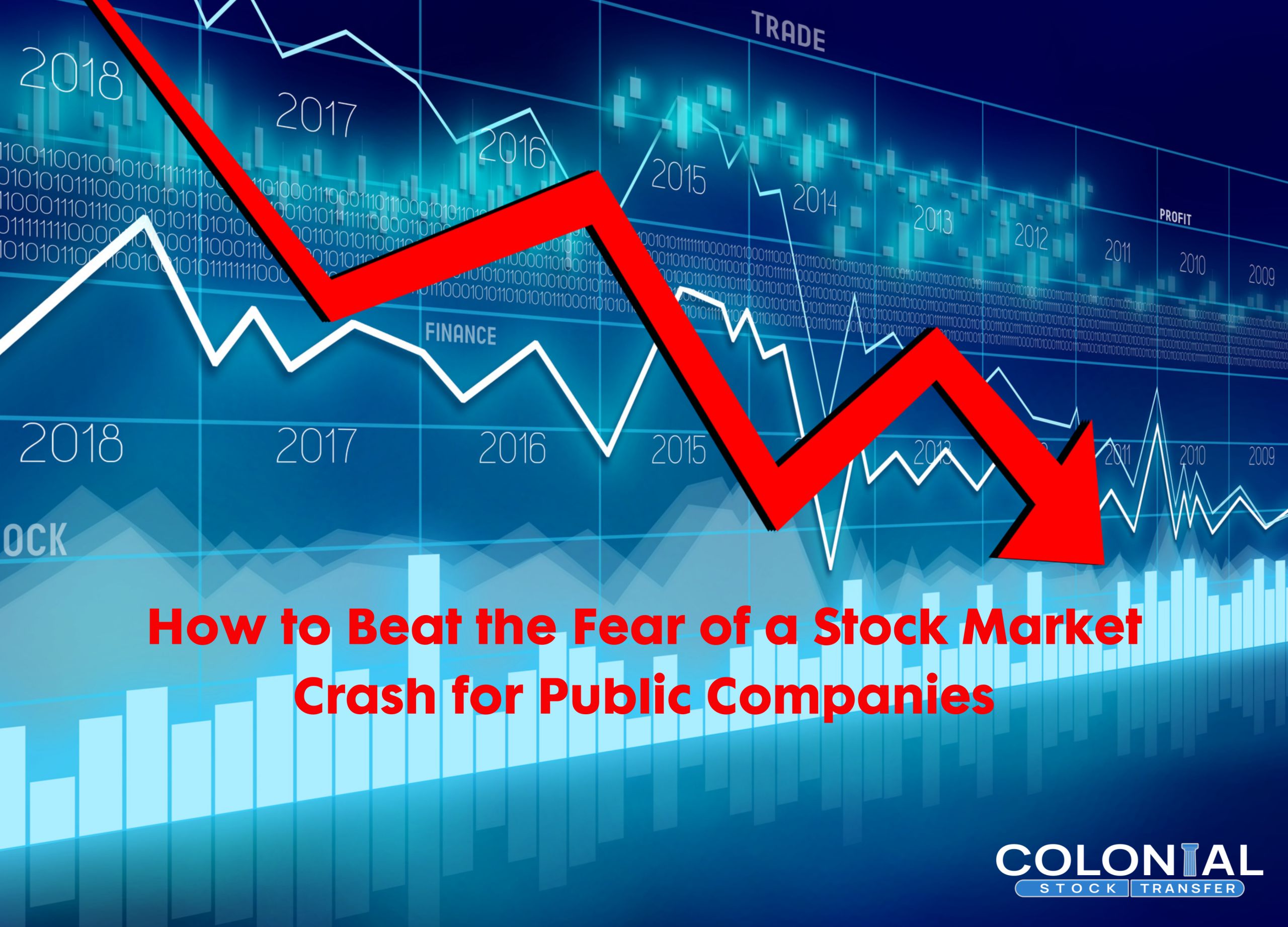
Overview
The Stock Market as we know it has existed for over 100 years with an average of 12% gain over a 10-year period. These kinds of numbers are prime for those who hold onto their investments for the long-term. There have been two bona fide crashes of the market that happened in 1929 (Black Tuesday), which signaled the beginning of the Great Depression and in 1987 which was famously termed “Black Monday”. Even with the relative scarcity of a crash, there are many investors or would-be investors who still harbor a fear that their investments will tumble during an impending crash. How can this fear be eradicated and their worries assuaged? We will look at these fears in-depth and how they can dissipate through knowledge and common sense
The Conventional View
The view from the average joe on the street looking to get into investing in the stock market is that it’s almost akin to the lottery. They have no concept or grasp of how the market works and how the stock prices move on the ticker. You have current outlets of discussion such as Reddit which has many subreddits dedicated to this “betting” on the market. These subreddits exploded in popularity during the rise of Gamestop stock and AMC stock earlier this past year. The fact of the matter is that a knowledgeable investor will beat a gambler in the market almost every time. For every person who scored big on these two stocks, you have ten people who lost their savings coming into the game either too late or they missed the peak and got in on the descent of the stock price. These ten people who lost a large amount of capital will spread the news of their misfortunes and spread this fear of losing everything to other would-be investors. That’s how this fear has increased over the last few years, primarily from uneducated investors who didn’t put the time in to study the market thoroughly.
A Look At The Financial Press
A big change in stock market investing took place in 1981 with the advent of the Financial News Network (FNN). This was the first cable channel that focused entirely on the markets and financial news. Before this, you would get a smattering of reports on the 6 o’clock news, and you would have a small section in your local newspaper. FNN ushered in a new era of information for investors and over time, other channels slowly popped up such as CNBC and Bloomberg TV during the current satellite TV era. You also had popular TV “gurus” such as Jim Cramer explode in popularity over the last ten years. Personalities such as Cramer have the ability to either hype a stock or company or badmouth a company and these actions have caused stock prices to move accordingly. Famously, Jon Stewart called these actions out in his interview with Cramer on his Daily Show a few years back during the last financial crisis in 2009. This stock propaganda is not exclusive to television media as print media such as Barron’s and Forbes also engage in this type of activity in their publications.
Contemporary Worries of Excessive Speculation
The consensus of investors who engage in speculation is that too much of a good thing can paralyze your actions. How much information on a company or stock do you need without getting “too much” information? This worry has intensified during the modern internet age where company data and information can be had with just a few mouse clicks. Charts and trends are also within easy reach of speculators looking to turn a fast profit. Chasing a quick turnaround applies much more pressure to the investor versus a traditional approach of parking their capital and holding firm for a while.
When Might A Stock Market Crash Be Less Likely
Usually, it’s a safe bet that major crashes won’t happen within the first two quarters of the financial year (January-June). The reason for this is due to high interest and speculation within the first two quarters of the year. The hope and interest among traders are very high during this time of the year as they look forward to earnings calls and compare data year-over-year. Conversely, October is the most likely month for a stock market crash. The aforementioned 1929 and 1987 crashes, both happened in October. The Bank Panic of 1907 also happened in October.
Conclusion
There are lots of ways that the layman investor can be swayed or manipulated when investing in the stock market. The best ally to the investor is information pertinent to their company of choice which requires studying and drawing your own conclusions based on your research. You can also get the help of a local trusted financial planner who invests on the behalf of their clients should you not want to do the legwork yourself.



